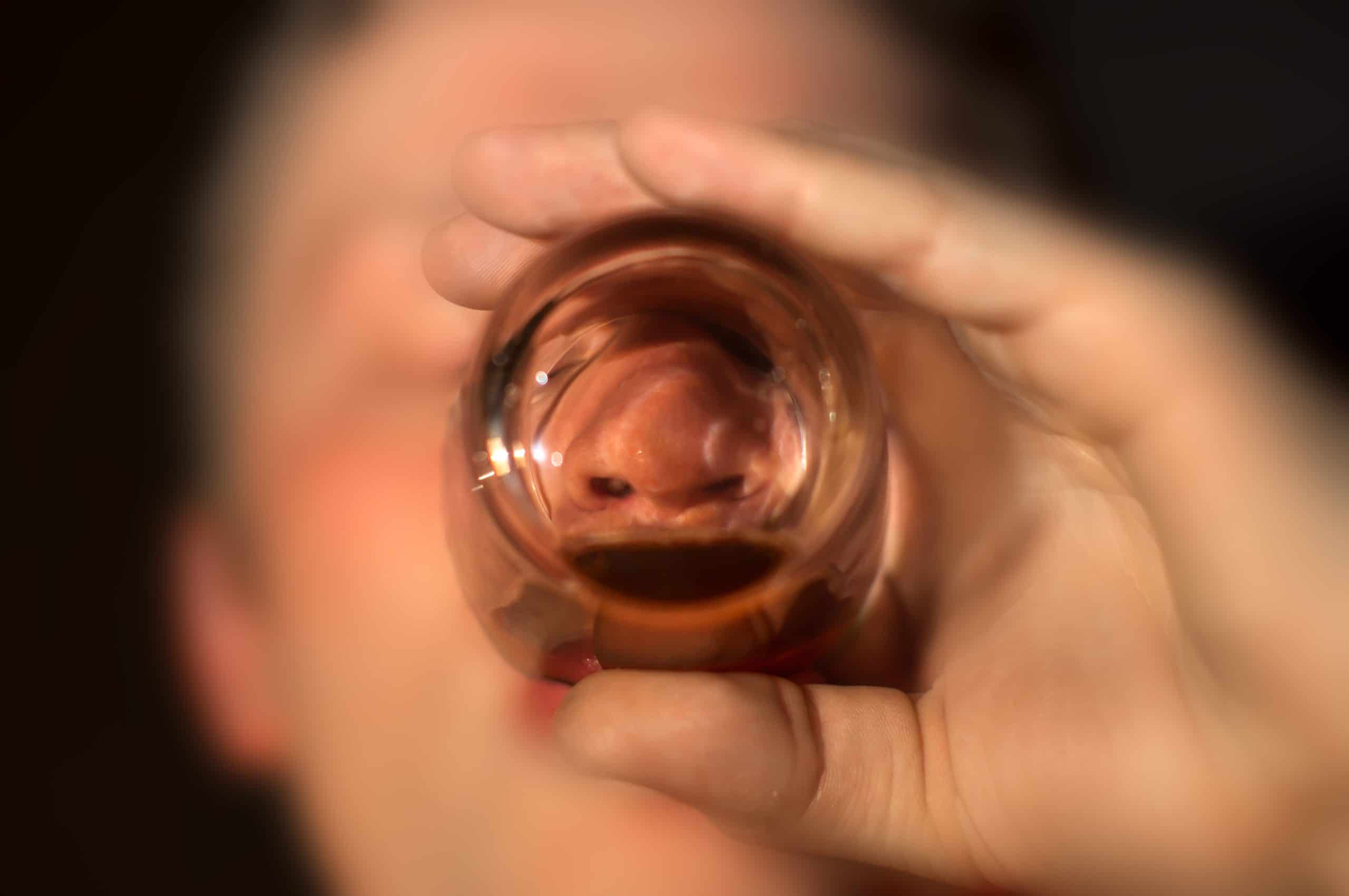You don’t drink every day and can go weeks at a time without picking up a drink. However, you’ve noticed that every time you drink, you drink to excess no matter what your intent. You’ve told yourself that there’s no way you’re an alcoholic because you’re not drinking every day. Maybe that’s true, but you may still need help to stop binge drinking. It’s not always about whether you are or are not an alcoholic. Sometimes it’s just about whether or not alcohol is stopping you from living the life that you want. At Evolve Indy, we know how a problem with alcohol can sneak up on you and we’re here to help you build an alcohol-free life.
What Is Binge Drinking?
Binge drinking is a dangerous pattern of drinking that elevates blood alcohol concentration (BAC) levels to 0.08 g.dL in a short time. This typically occurs after four drinks for women and five drinks for men within about 2 hours. While sometimes this can occur intentionally, it is also important to understand how we define a drink. A standard serving of alcohol contains about 14 grams of pure alcohol and is either:
- 12 ounces of regular beer
- 8-9 ounces of malt liquor
- 5 ounces of wine
- 1.5 ounces shot of distilled spirits such as rum, vodka, tequila, whiskey, etc.
Go out for dinner at nearly any restaurant and you’ll soon see that today’s glasses are not made with those drink sizes in mind. Many wine glasses today hold 16 ounces or more, which is more than half of a bottle of wine. This translates to more than four servings of alcohol. Many beer glasses hold 20 ounces or more of beer or malt beverages. This represents nearly two servings of alcohol. Mixed liquor drinks can be even more confusing and can contain anywhere from 1 to 5 ounces of distilled liquor. Doing just a little research into what you are drinking can demonstrate how easy it is to binge drink.
Is Binge Drinking a Sign of Addiction?
While not everyone who engages in binge drinking has a problem with addiction, most people who are addicted to alcohol will binge drink. It is the progression from binge drinker to alcoholic that can be murky. Most who make this transition cannot pinpoint the moment they shifted from binge drinking to drinking alcoholically. Start by taking a look at how often you are binge drinking and what consequences you are experiencing as a result of your drinking. Binge drinking does appear to involve a pattern. It seems that when the pattern veers into heavy drinking regardless of the consequences, you are likely crossing over into an alcohol use disorder (AUD) or addiction. Risk factors for developing AUD include the age at which drinking begins, genetic makeup, and individual life experiences. While not always the case, regular alcohol use can sometimes cross over into drug use. If you find that you are regularly using drugs and alcohol regardless of the consequences, it may be time to get help to stop binge drinking.
How to Get Help to Stop Binge Drinking
At Evolve Indy, we know the tragedy that is addiction. We understand how quickly social drinking can turn into an addiction. We also know how challenging it can be to break free. Our compassionate and professional staff can help you or your loved one find the way out of the darkness of addiction. We care about your success, and we know how to help you or your loved one find long-term sobriety. Our programs range from residential to outpatient and incorporate a multi-faceted therapeutic and holistic approach. We will create an individualized treatment plan that blends traditional and holistic therapies to best support you or your loved one. Contact us today to see how we can best help you and your loved one in the journey to sobriety.

